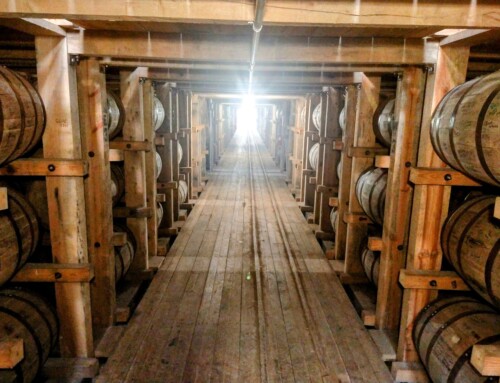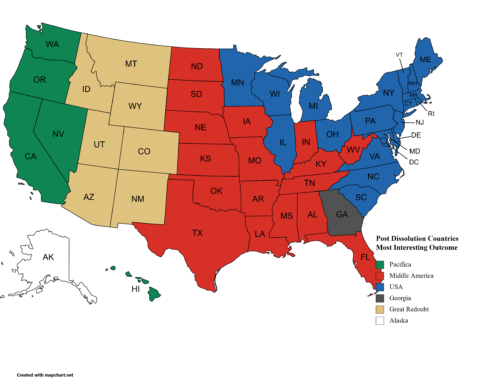The small ethnic European restaurant in the small town in middle America was hurting. The owner/chef made great food, but tables were empty most nights. The reviews on social media were less than stellar with many pointing out that the restaurant sold out of some top menu items more regularly than they should. After meeting with a consultant and some trusted insiders, the owner changed the menu to simplify and hone in on their specific ethnic dishes. They brought in a musician/singer on weekend evenings and advertised their new menu. For the first month, they had full tables most nights and a wait list on the weekends. And then suddenly, without warning, the restaurant closed and went out of business. This really happened.
In any business, in any government office at any level, in any home, on any project, we are all in danger (yes, danger) of getting hit in the face by the proverbial unseen boxing glove that swings down from above when you walk into a door. But instead of a Thee Stooges film or Looney Tunes cartoon, real life unforeseen crises aren’t funny. They can derail a project, bankrupt a business, lose a war and tear apart a family. These crises come when the number of things we have to deal with (quantitative level) intersect with the kind of issues we face or their importance (qualitative level).
K.C. Cole lays out a truly thought-provoking essay entitled “Why You Didn’t See It Coming” in my new favorite magazine, Nautilus. He argues that changes in scale are often beyond our ability to perceive or even imagine and that we are thus often surprised when disruptive or destructive change arises seemingly out of nowhere. Cole argues that we need to conceptually prepare ourselves for changes that arise from cumulative effects through stories and intellectual ideas. He argues that more isn’t just more, more is different, and that you don’t necessarily realize that it is different until some tipping point hits not just your intuition, but all of society.
In the case of the small ethnic restaurant, the owner/chef was tickled that his new menu reduced his prep time prior to evening service and offered a larger profit margin for each dish. But as the throughput of customers increased, he didn’t realize that he would be under greater time pressure each evening. Even though there were fewer items from which to choose, and a large percentage of orders were for one signature platter, there were far more orders coming in each night. The chef, pressed for time, allowed more fat/drippings on the platters being sent to tables. And even though the people who received the greasy platters often didn’t return, there was still enough new traffic that the place was normally full. But that increased pressure on a few key menu items forced the chef and his spouse to focus effort on those specific items. As a result, they began to run out of certain other menu items. After all, when a customer opens a restaurant menu, they expect to be able to order what the menu offers. Furthermore, the word got out that their specialist pizza chef was really as good as advertised. And when the orders started mounting each night, he became quickly overwhelmed and quit. The cumulative effect of lower individual plate quality and people fed up with not having what they ordered suddenly emptied the restaurant of diners. What seemed impossible when there were lines waiting outside the door in winter became a reality two months later.
This is where qualitative and quantitative research intersects and this is why broad thinking is so important to any endeavor in business, government, sports, or private life. As Cole points out in the Nautilus article, “More is different” and we don’t realize the scale of the very things we work with, nor the implications of small changes in scale. We think that a million and a billion are both a lot. Few realize that a billion is not just more than a million, but a thousand times more. We know intellectually that water may be hot but if it isn’t boiling it isn’t boiling. However, add just two degrees from 210 to 212 and “suddenly” the water is boiling. All meat produces some juice when plated, but at some point juice becomes a greasy mess.
The reason I like Nautilus so much is that the editor sets out to produce a magazine that intersects hard science with sociology with philosophy, what I have told my clients and colleagues for years makes a rounded thinker and practitioner in any field. K.C. Cole tells us at the end of the article that science penetrates the fog of our senses, and that we ought to use it to help predict the unexpected and understand the improbable. In business, government, sports and family life this means looking outside our own experience for answers to what might happen. We need to be open to the unthinkable when good science predicts what could be. As an old colleague, Rob Piper, once said “If its possible, don’t be surprised when it happens.”
Keep thinking.





Leave A Comment